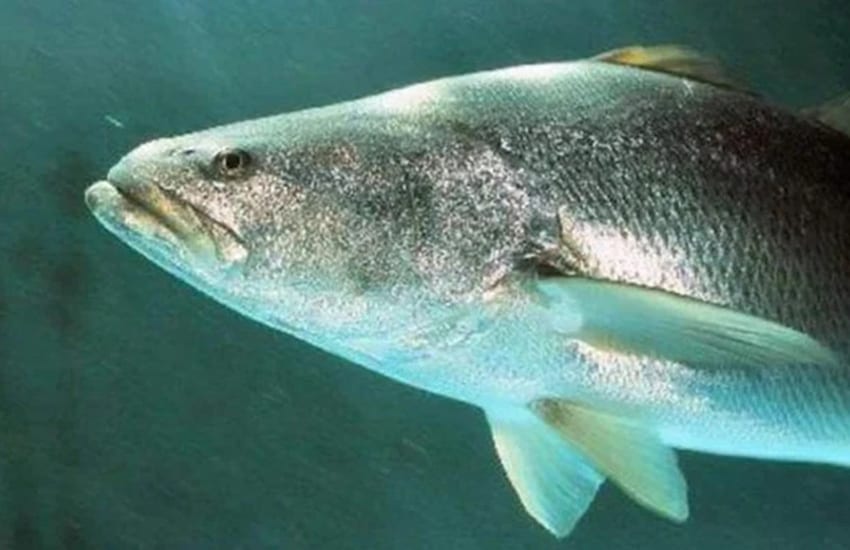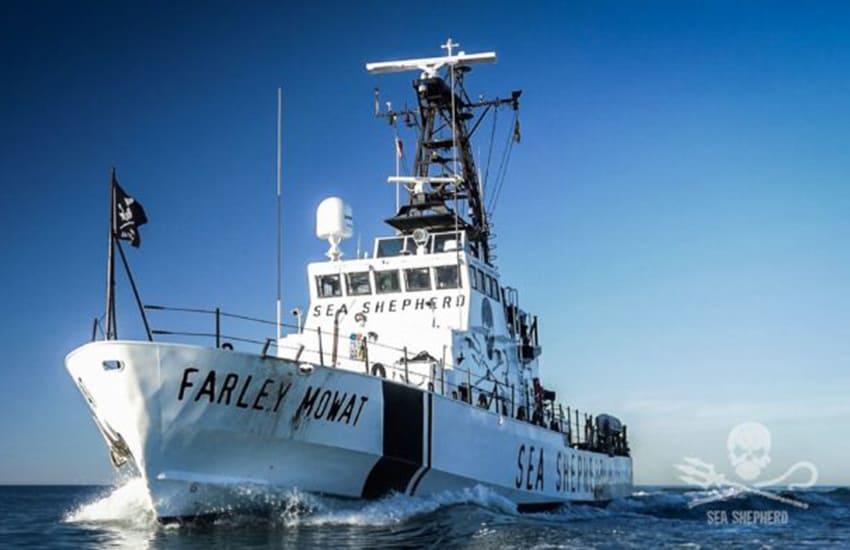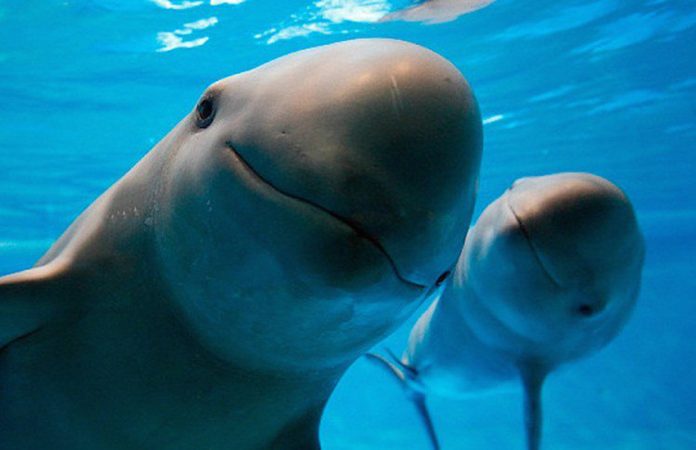The federal government’s decision to scrap a no-fishing zone in the upper Gulf of California will likely lead to the extinction of the critically endangered vaquita marina porpoise, according to two environmental sector professionals.
Last week, Mexico officially abandoned its policy of maintaining a “zero tolerance” fishing zone that was implemented to protect the vaquita, of which fewer than a dozen are believed to remain.
The “zero tolerance” zone has been replaced with a sliding scale of sanctions if more than 60 boats are repeatedly seen in the area — where totoaba, a fish whose swim bladder is a delicacy in China and sells for thousands of dollars per kilogram, coexist with the vaquitas.
Many of the latter, the world’s smallest porpoise, have died after becoming entangled in nets set to catch the lucrative totoaba.
Kate O’Connell, marine consultant at the Washington D.C.-based Animal Welfare Institute (AWI), told the environmental news website Mongabay she feared the decision to abandon enforcement of the “zero tolerance” zone could be “the death knell” for the vaquita.

“… The plan that has been proposed by Mexico will convert what should be a straightforward ‘no-go’ zone into a complex enforcement area with varying levels of monitoring and deterrence, depending on the amount of illegal fishing taking place in the area,” she said.
“The vaquita are being mismanaged to death,” O’Connell declared.
She said that gillnet fishing is technically still banned in the upper Gulf of California — the only place in the world vaquitas live — but predicted that it would nevertheless take place in the abandoned protected zone.
“Mexico’s fisheries authorities are indicating that they are either unable or unwilling to do all that is necessary to save the vaquita and are willing to accept a certain level of gillnet fishing activity,” O’Connell said.
“One hundred percent monitoring and enforcement of the fishing ban only kicks in once more than 50 illegal vessels are seen, or more than 200 meters of illegal gillnets are found in the area,” she said.
Despite her overall pessimism about the vaquita’s outlook, O’Connell said there was a “slight glimmer of hope” for the marine mammal “if an actual complete shutdown of gillnet activity in the area can be achieved.”

“The few remaining vaquita appear healthy, and a number of calves have been spotted in recent years by researchers,” she said.
The executive director of Earth League International, a non-profit organization that has investigated totoaba trafficking, told Mongabay that the porpoises stand no chance of survival unless the Mexican government succeeds in eliminating totoaba cartels.
The move to abandon zero-tolerance enforcement could benefit local fishermen, but international totoaba traders — most of whom are Chinese nationals — will reap the biggest rewards, Andrea Crosta said.
“[They] will make a ton of money with even less risks than before,” he said.
Crosta charged that the abolishment of the no-fishing area is politically motivated, although the move won’t win the government any support from environmentally minded Mexicans.
“I think that the current populist administration in Mexico is concerned only about voters — certainly not about environmental protection and endangered species if this gets in the way of political gain,” he said. “And if the vaquita will go extinct, I am sure the current administration in Mexico will blame the administration before.”
The Sea Shepherd Conservation Society, which has carried out patrols in the Gulf of California since 2015, told Mongabay that it “remains committed to preventing the extinction of the vaquita” and planned to return to the area as soon as possible to resume gillnet removal efforts.
The Sea Shepherd vessel the Farley Mowat has been attacked on repeated occasions, including in January this year, when fishermen aboard at least five pangas threw lead weights and Molotov cocktails at both the crew and military officials on board. A fisherman whose boat broke apart upon colliding with the Farley Mowat died after sustaining serious injuries.
O’Connell said that AWI, the Center for Biological Diversity, the Environmental Investigation Agency and the Natural Resources Defense Council have all made urgent pleas to the international community to “both provide logistical and financial support to Mexico and to put pressure on the government by means of trade sanctions and other actions to ensure that the vaquita is saved.”
President López Obrador said in late June that sanctions against Mexico wouldn’t affect his government’s decisions on environmental issues because “we [already] have sufficient convictions for there to be justice and to truly defend the environment, not in a simulated or pretend way.”
But just weeks later, his government changed Upper Gulf of California fishing rules in a move that appears to doom the vaquita to extinction and calls such convictions into doubt.
With reports from Mongabay
